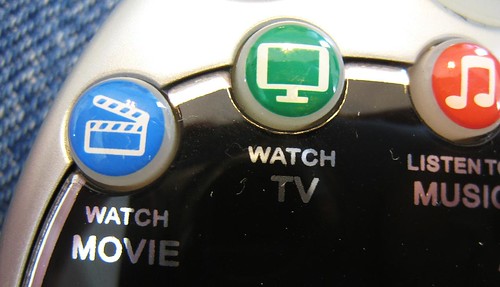Fifty years ago encyclopedia salesmen came to your door offering you the chance to ensure your child's future by buying their splendidly illustrated ten-volume encyclopedia. Many parents dutifully signed up for these offers and proudly placed the volumes in pride of place in the living room bookshelf, hoping that this goldmine of knowledge would give their children an advantage in school. However simply having access to content, no matter how well-produced, does not of course lead to learning. The content is a good starting point and inspiration but learning requires action, testing, discussing, failing and trying again.
Today we all have easy access to quality educational content through a myriad of channels, from mainstream broadcast media to MOOCs and open courseware. Enormous amounts of money are spent on content creation and we seem to still be locked into the traditional view of education as the transfer of information. If we agree that learning is social and requires active experimentation, creation and collaboration we should be investing more in ways to promote these processes rather than focusing so much on content delivery.
Do we want students to be consumers of content or independent learners? That is the question posed in an interesting article by Mark Surman, executive director of the Mozilla Foundation for the upcoming conference eLearning Africa 2015, Digital society at a crossroads: Do we want learners or consumers? He sees the danger of Africans becoming dependent consumers of western content and calls for more focus on adapting content to local conditions and helping people to create their own tools and services.
The article gives examples of African initiatives to promote digital creativity by providing tools for people to build their own apps and web services but the main message is a global one; how do we move the use of technology away from simple consumption to learning and creativity? The first stage of digital literacy is learning to search and access content but for many people that's as far as it goes. We need to focus more on higher levels of digital literacy; how to exploit the power of the net to learn, create, produce and remix.
We need to build a tidal wave of people who in a really practical, business-oriented way can have an impact on the future of the web, on what the web becomes. What can industry do, what can governments do to creatively look at how every African can fully understand the power of the web and use it to make their lives and societies better?
Learning happens when you move from content to creation and collaboration.

No comments:
Post a Comment
Note: Only a member of this blog may post a comment.